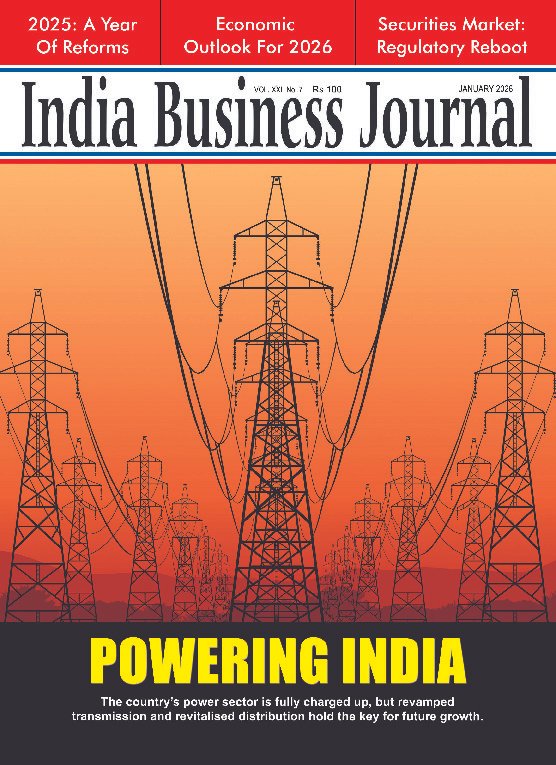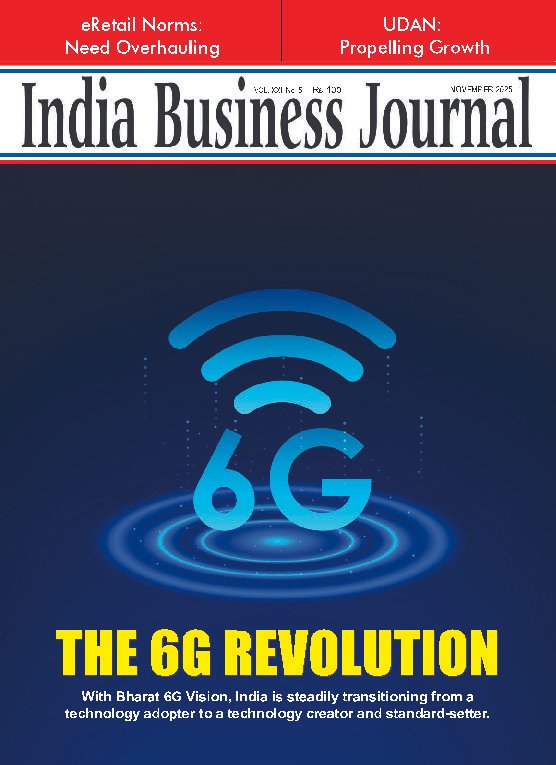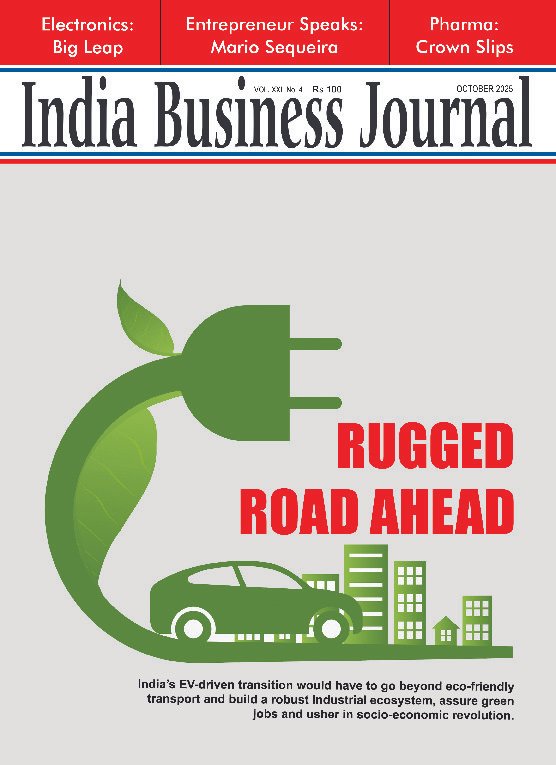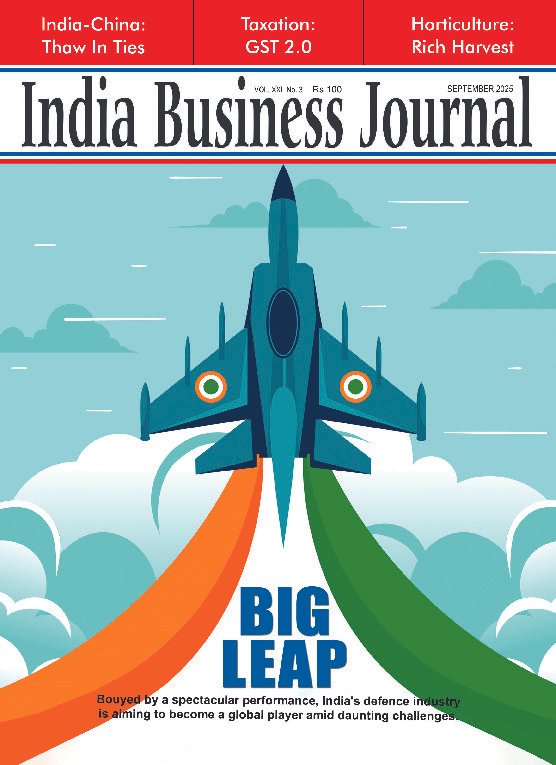CORPORATE
Amazon copied sellers’ products, manipulated search results to boost its goods: Reuters
- IBJ Bureau
- Oct 13, 2021

Amazon.com has been repeatedly accused of knocking off products it sells on its website and of exploiting its vast trove of internal data to promote its own merchandise at the expense of other sellers. The company has denied the accusations.
But thousands of pages of internal Amazon documents examined by the Reuters – including emails, strategy papers and business plans – show that the company ran a systematic campaign of creating knockoffs and manipulating search results to boost its own product lines in India, one of the company’s largest growth markets.
The documents reveal how Amazon’s private-brands team in India secretly exploited internal data from Amazon.in to copy products sold by other companies and then offered them on its platform. The employees also stoked sales of Amazon private-brand products by rigging Amazon’s search results so that the company’s products would appear, as one 2016 strategy report for India put it, “in the first two or three…search results” when customers were shopping on Amazon.in.
Among the victims of the strategy was a popular shirt brand in India, John Miller, which is owned by a company whose chief executive is Kishore Biyani, known as the country’s “retail king”. Amazon decided to “follow the measurements of” John Miller shirts down to the neck circumference and sleeve length, the Reuters reports, citing the documents.
The internal documents also show that Amazon employees studied proprietary data about other brands on Amazon.in, including detailed information about customer returns. The aim was to identify and target goods described as “reference” or “benchmark” products and “replicate” them.
As a part of that effort, the 2016 internal report laid out Amazon’s strategy for a brand the company originally created for the Indian market called “Solimo”. The Solimo strategy, it said, was simple: “Use information from Amazon.in to develop products and then leverage the Amazon.in platform to market these products to our customers.”
The Solimo project in India has had international impact: Scores of Solimo-branded health and household products are now offered for sale on Amazon’s US website, Amazon.com.
The 2016 document further shows that Amazon’s employees working on the company’s own products, known as private brands or private labels, planned to partner with the manufacturers of the products targeted for copying. That was because they learned that these manufacturers employed “unique processes which impact the end quality of the product”.
In sworn testimony before the US Congress in 2020, Amazon founder Jeff Bezos had explained that the e-commerce giant prohibited its employees from using the data on individual sellers to help its private-label business. And, in 2019, another Amazon executive had testified that the company did not use such data to create its own private-label products or alter its search results to favour them.
But the internal documents seen by the Reuters show for the first time that, at least in India, manipulating search results to favour Amazon’s own products as well as copying other sellers’ goods were part of a formal, clandestine strategy at Amazon and high-level executives were told about it. The documents show that two executives reviewed the India strategy – Senior Vice-Presidents Diego Piacentini, who has since left the company, and Russell Grandinetti, who currently runs Amazon’s international consumer business.
In a written response to questions for this report, Amazon said: “As Reuters hasn’t shared the documents or their provenance with us, we are unable to confirm the veracity or otherwise of the information and claims as stated. We believe these claims are factually incorrect and unsubstantiated.” The company did not elaborate. The statement also did not address questions from the Reuters about the evidence in the documents that Amazon’s employees copied other companies’ products for its own brands.





















Report By
View Reporter News